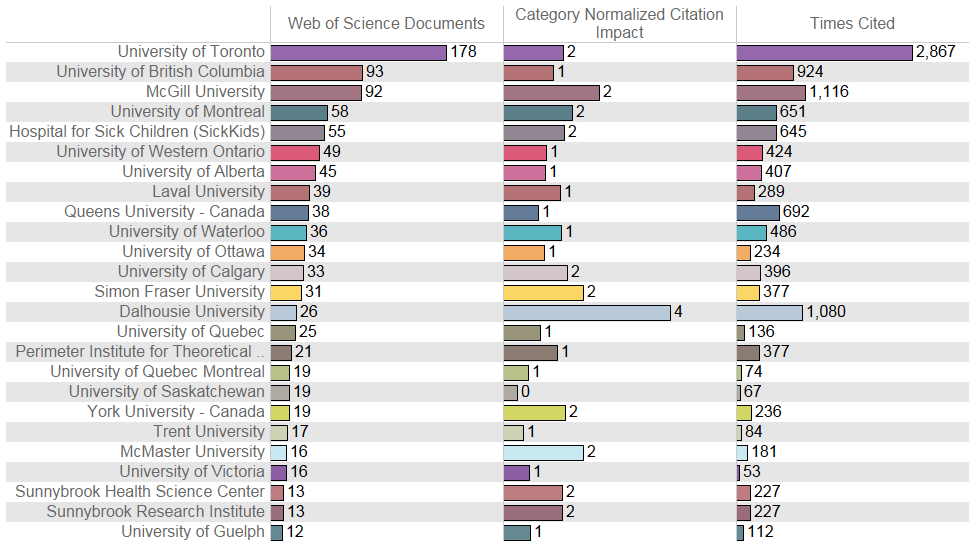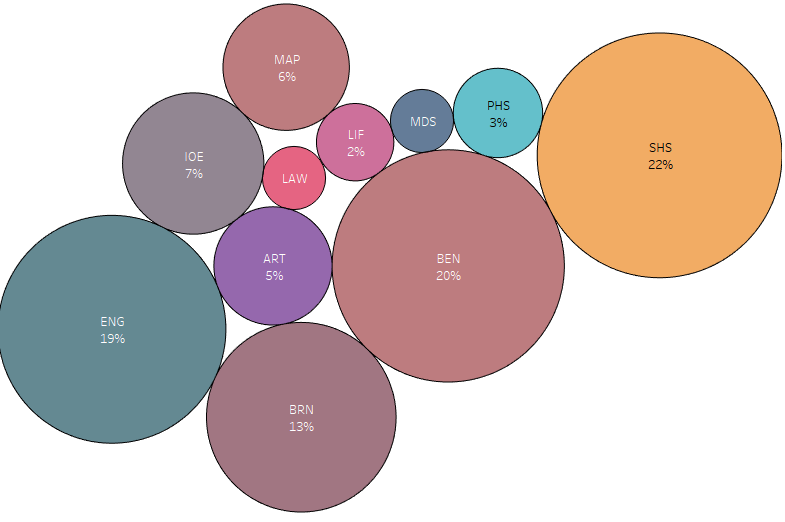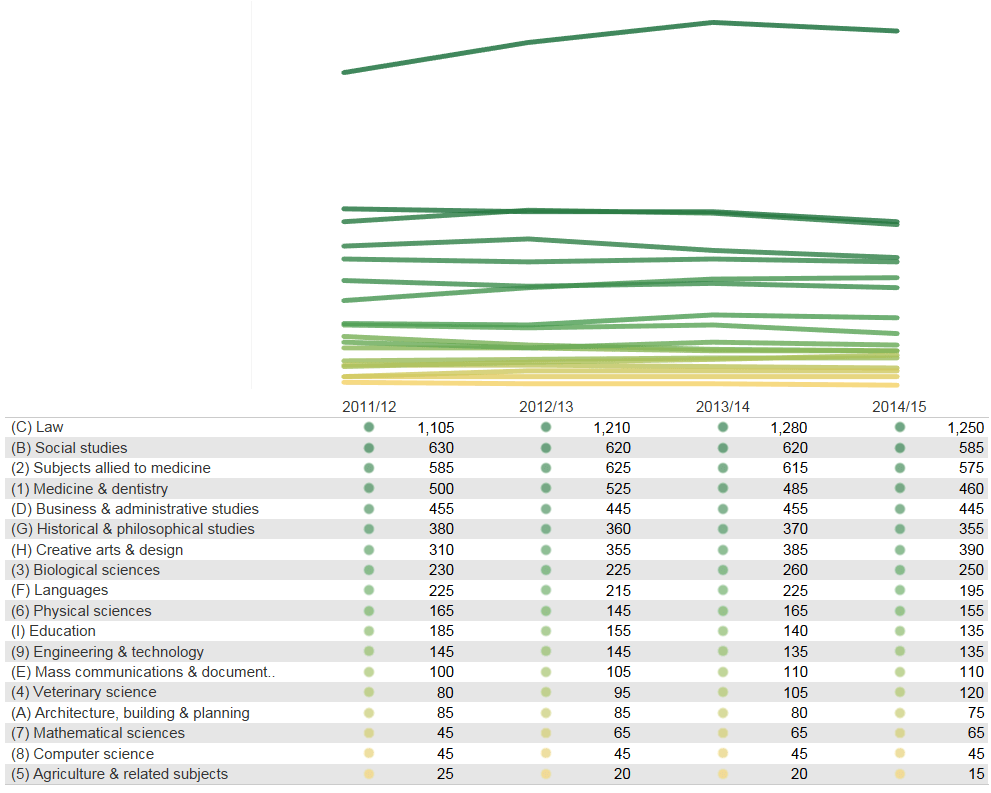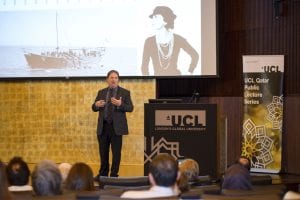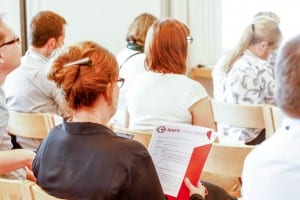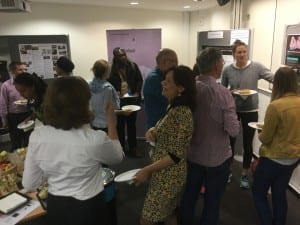Think you know Africa? Think again: UCL GEO to host third annual ‘Knowledge Africa’ symposium
By By Guest Blogger, on 18 May 2018
By Zarah Bennett, Interim Partnership Manager (Africa and Middle East)
On 12 June 2018, UCL Global Engagement Office’s Africa and Middle East Regional Network will host the third annual Knowledge Africa symposium: ‘Africa Stories: Changing Perceptions’, bringing together diverse speakers to share untold stories and hidden perspectives on the continent. The event’s overarching themes will be Africa’s position in the quest for a global governance of the commons, and contributions to global prosperity.
More than 60 years after a euphoric wave of decolonisation began sweeping through Africa, the dominant ‘bloc image’ of the continent continues to be shaped by narratives of gloom that portray it as endemically poor, helpless, and rife with bad governments and internecine conflicts. This image is simplistic and wrong.
Most people in Africa exist in varying states of privation and governance challenges, but the continent is one of the richest in terms of natural resources, culture, innovation and resilience. Far from being helpless and perennially beholden to powerful networks of patronage from the geopolitical West, Africa contributes more to the global order than is widely acknowledged.
In response to the student voice and feedback from Knowledge Africa 2017, this year’s event has been developed, produced and managed by the UCL student community, with assistance from the GEO (Africa and Middle East) team.
Speakers include:
Nick Dearden from Global Justice Now, whose keynote presentation in the morning session will challenge some prevalent perceptions and myths about Africa and explore ‘How the world profits from Africa’s wealth’
Simon Anholt who is widely recognised as the instigator and seminal thinker in the Nation Brands and Place Brands concepts and field of study and practice. Simon’s keynote presentation in the afternoon session introduces the ‘Good Country’ concept and ‘Global Vote’ project, which aim to encourage people to think about what countries contribute to humanity as much as what they achieve for their own citizens. Simon will be joined by Madeline Hung from the Institute for Multi-Stakeholder Initiative Integrity for the afternoon’s panel discussion.
Michael Amoah is a Visiting Fellow at the LSE and has published widely on African politics, the international politics of Africa, foreign policy, conflict and security. He also has interests in international political economy, development studies and international development. Michael’s presentation will be based on his forthcoming book The New Pan Africanism: Globalism and the Nation State in Africa.
Dorothy Baziwe is the Executive Director of Shelter and Settlements Alternatives: Uganda Human Settlements Network (SSA: UHSNET). In the context of the global migration crisis, and Uganda’s unique approach to the issue in Africa, Dorothy will present a fascinating case study about how SSA: UHSNET supports livelihood projects for refugees and displaced persons in Uganda.
Michael Walls is a Senior Lecturer at UCL’s Development Planning Unit (DPU) and Course Director for the MSc in Development Administration and Planning. Based on his long-standing engagement with the challenges of livelihoods and informality in various African cities, Michael is highly regarded as a respected thinker and advocate on issues of development and political transitions in the Horn of Africa. Michael’s presentation will focus on ‘Representative democracy in Somaliland: finding accommodation between elections and clan-based discourse’.
Oscar Mwaanga is a social justice activist, social-entrepreneur, innovator and educationist at EduMove and an Associate Professor in Physical Activity, Education and Development at Solent University. For the past 22 years, he has led the development of internationally renowned Sport for Development and Peace (SDP) programmes that have impacted communities in over 30 countries. Oscar will be speaking about ‘Changing the African story to redeem international Sport for Development and Peace (SDP) as an alternative development approach’: Critical reflections from a 22 years multiple engagement in SDP.
Lilian Schofield is an associate Teaching Fellow and Graduate Teaching Assistant for the MSc Development Administration and Planning programme at UCL’s Development Planning Unit (DPU). Lilian’s presentation, from a feminist perspective, explores the untold stories of fortitude and resilience of women trapped in ethnic and religious violence in Kaduna State, Nigeria.
Nick Anim is a research student at UCL’s Development Planning Unit (DPU), and an activist in the Transition Towns Movement. Speaking from a localism/globalism perspective, Nick’s presentation will focus on ‘Degrowth: How overconsumption in the Global North impacts development in Africa’.
 Close
Close



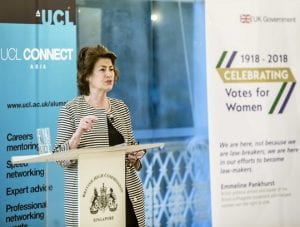
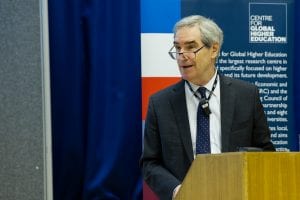








 This International Women’s Day, the UCL Centre for Gender and Global Health will launch the inaugural report of
This International Women’s Day, the UCL Centre for Gender and Global Health will launch the inaugural report of 